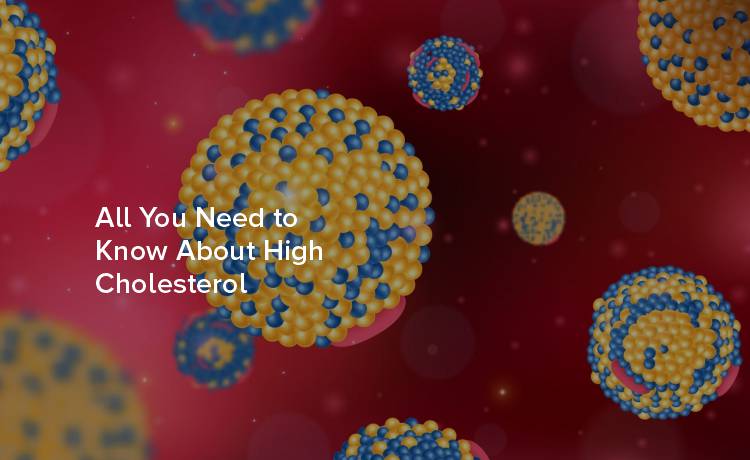
In the modern world's fast-paced narrative of quick fixes and instant gratification, one looming shadow of an issue that often goes unnoticed is high cholesterol—a silent yet persistent health concern affecting a significant portion of the population.
Not all cholesterols are created equal, and understanding the subtleties of this waxy, fat-like substance is pivotal. Cholesterol is a vital component present in every cell of your body and has essential roles in hormone production, digestion, and insulation of nerve fibers. Usually, the body synthesizes the cholesterol it needs, but it can also be ingested through diet.
The two primary types of cholesterol are low-density lipoprotein (LDL) and high-density lipoprotein (HDL). LDL is often referred to as "bad" cholesterol because it can lead to the buildup of plaque in your arteries, a condition called atherosclerosis. HDL is termed "good" cholesterol because it helps remove LDL from the arteries, protecting against heart disease.
High cholesterol presents a significant health risk, primarily due to its correlation with heart disease and stroke. Atherosclerosis, the process where arteries become clogged with LDL and other substances, can severely restrict blood flow and lead to potentially fatal cardiac events.
In a society where sedentary lifestyles and poor dietary habits are rampant, high cholesterol has unfortunately become a common precursor to cardiovascular issues. Factors such as genetics, age, diet, and activity level play a substantial role in cholesterol levels and overall heart health. Understanding these factors and their impact is crucial to formulating an effective health plan.
When it comes to tackling high cholesterol, lifestyle changes are the first line of defense. They can significantly improve cholesterol levels and overall cardiovascular health. These changes don't have to be drastic; small, consistent adjustments can yield meaningful results.
Balancing your diet is a powerful tool in cholesterol management. Focus on reducing your intake of saturated fats and trans fats, commonly found in red meat, processed foods, and fried items. Instead, opt for a diet rich in fruits, vegetables, whole grains, and healthier fats, such as those found in olive oil and avocados.
Incorporating foods that are known to lower LDL levels, such as oats, nuts, and foods high in fiber, can be beneficial. Equally important is to moderate your intake of cholesterol-containing food, like eggs and shellfish.
Regular physical activity not only helps with weight management but can also improve cholesterol levels. Strive for at least 150 minutes of moderate aerobic activity or 75 minutes of vigorous activity each week, coupled with strength training for all major muscle groups at least twice a week.
Tobacco smoke not only lowers HDL levels but also damages the walls of your blood vessels, accelerating the buildup of atherosclerotic plaques. Kicking the habit is crucial for restoring and maintaining healthy cholesterol levels.
Moderate alcohol consumption has been linked to higher HDL levels. However, excessive drinking can lead to serious health issues, including high cholesterol. If you choose to drink, do so in moderation—one drink a day for women, and up to two drinks a day for men.
For some individuals, especially those with a strong family history of high cholesterol or who have already experienced cardiovascular events, lifestyle changes alone may not suffice. In such cases, medications such as statins, bile acid sequestrants, or cholesterol absorption inhibitors may be prescribed to manage cholesterol levels. It's important to work closely with a healthcare professional to determine the most suitable course of action.
For those with extremely high cholesterol levels, or those who have experienced heart attacks and other events, more aggressive interventions like apheresis, a process that filters out LDL from the bloodstream, may be recommended.
Consistency is key in the battle against high cholesterol. Regular screenings can not only help uncover problems early but also motivate and guide your efforts. It's vital to build a health network that includes a primary care physician, a cardiologist if necessary, and perhaps even a nutritionist or personal trainer.
Understanding high cholesterol is empowering. Knowledge equips you to champion your health and make informed decisions that can transform your future. It is the gateway to a life enriched with vitality and free of the encumbrances that high cholesterol can bring. Schedule a consultation with the best heart specialist in Hyderabad at Citizens Specialty Hospital for comprehensive cardiac care and expert treatment.